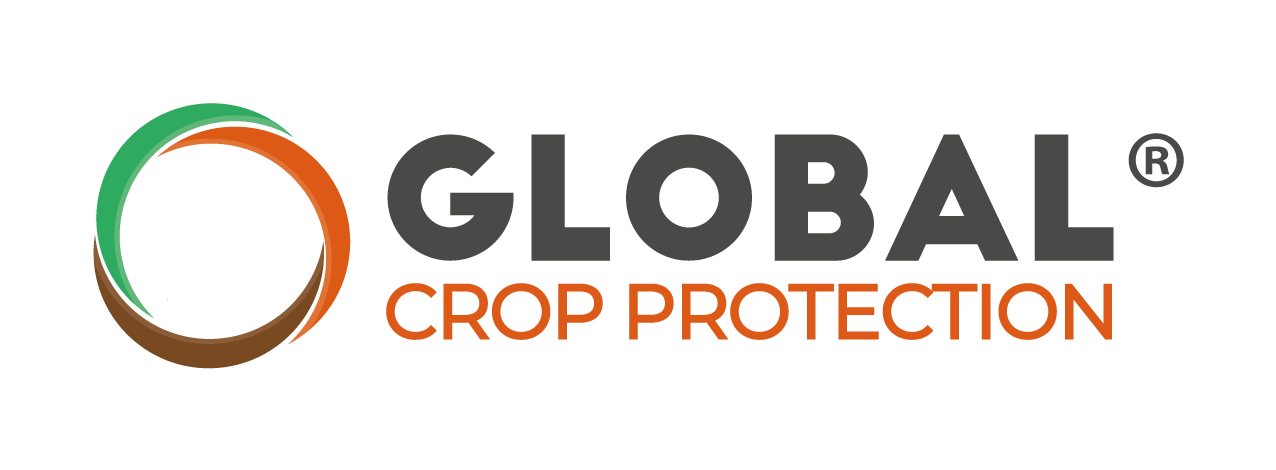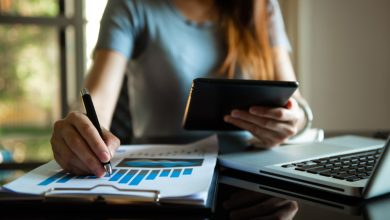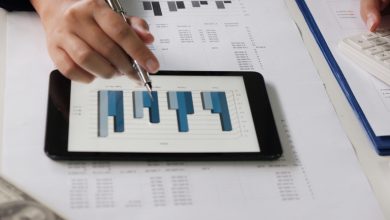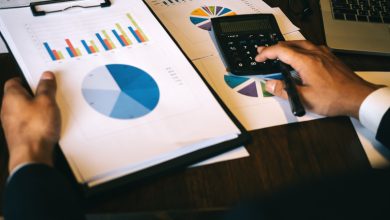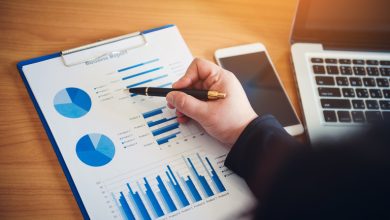MERCADO
Vendas agroquímicas da BASF caem 2% no segundo trimestre de 2018
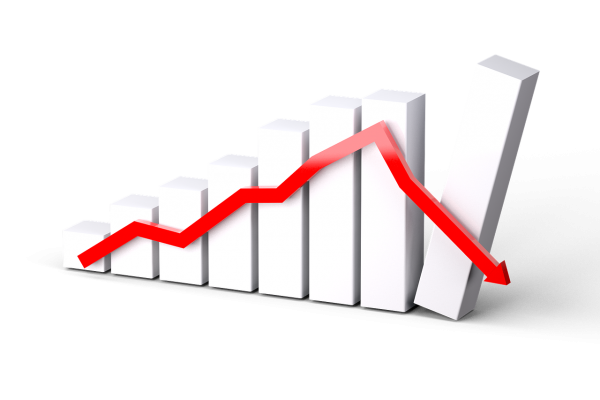
BASF sales in the Agricultural Solutions segment declined 1.6% to €1,501 million in the second quarter of 2018 compared with the prior-year period, and its sales were down by 4.5% to €3,229 million in the first half of 2018. This was primarily due to negative currency effects in all regions. BASF increased sales volumes slightly; prices were on a level with the first half of 2017. EBIT before special items declined considerably, mainly as a result of negative currency effects and higher fixed costs.
Sales in Europe decreased slightly as a result of negative currency effects. These could not be completely offset by higher volumes, particularly for herbicides in central and eastern Europe.
In North America, sales were considerably lower than in the second quarter of 2017. Sales were reduced by lower volumes, particularly of fungicides in Canada due to the late start to the season and higher inventories at our customers. Negative currency effects also contributed to the decline in sales.
BASF recorded considerable sales growth in Asia thanks to higher sales volumes of fungicides in India and China, among other countries, and a slight increase in prices in the region. Currency effects had a negative impact on sales.
Sales in the region South America, Africa, Middle East rose considerably, mainly due to higher volumes. Volumes growth in Brazil was driven by fungicides and insecticides, while Argentina saw particularly strong increases in herbicide volumes. Significantly negative currency effects had an offsetting effect.
Income from operations before special items was slightly higher than in the second quarter of 2017. Despite the negative currency effects, a more favorable product mix lifted our average margin. This more than compensated for the slight increase in fixed costs.
Significant Event
On April 26, 2018, BASF and Bayer announced that they have signed an agreement on the acquisition of additional businesses and assets by BASF, which Bayer had offered to divest in the context of its acquisition of Monsanto. The expanded scope includes Bayer’s entire vegetable seeds business, operating under the global trademark Nunhems®, as well as seed treatment products sold under the Poncho®, VOTiVO®, COPeO® and ILeVO® brands. The transaction also includes the R&D platform for hybrid wheat, the digital farming platform xarvio™ and further businesses and research projects.
On October 13, 2017, BASF had signed an agreement on the acquisition of the global glufosinate-ammonium non-selective herbicide business, the seeds businesses for key row crops in select markets and trait research and breeding capabilities for these crops along with the LibertyLink® trait and trademark.
The businesses, with combined 2017 sales of €2.2 billion and combined 2016 sales of €2.0 billion, complement BASF’s crop protection business and biotechnology activities, adding new capabilities and opportunities for growth and innovation. The all-cash purchase price amounts to a total of €7.6 billion, subject to certain adjustments at closing. In 2016, the combined businesses generated EBITDA of €550 million (on a pro forma adjusted basis). The transactions remain subject to approval by individual relevant authorities. Closing is expected in August 2018.
On May 3, 2018, BASF and Solenis announced that they have signed an agreement to join forces by combining BASF’s paper wet-end and water chemicals business with Solenis. Solenis is a global producer of specialty chemicals for water intensive industries. The combined business with pro forma sales of around €2.4 billion and around 5,000 employees in 2017 aims to deliver additional value for paper and water treatment customers. The goal is to create a customer-focused global solutions provider for the industry. BASF will hold a 49% share of the combined entity, which will continue to operate under the Solenis name and be headquartered in Wilmington, Delaware. 51% of the shares will be held by funds managed by Clayton, Dubilier & Rice. Pending approval by the relevant authorities, closing is anticipated for the end of 2018 at the earliest.
Dr. Kurt Bock retired as Chairman of the Board of Executive Directors following the Annual Shareholders’ Meeting on May 4, 2018. He is succeeded by Dr. Martin Brudermüller, who was previously Vice Chairman. Dr. Hans-Ulrich Engel was appointed Vice Chairman of the Board of Executive Directors. In the course of these changes, the number of Board members was reduced from eight to seven and the areas of responsibility within the Board of Executive Directors were redistributed.
On July 9, 2018, BASF announced that it is investigating the possibility of building a highly-integrated “Verbund” chemical production site in the southern Chinese province of Guangdong. Dr. Martin Brudermüller, BASF’s Chairman of the Board of Executive Directors, and Lin Shaochun, Executive Vice Governor of Guangdong Province, have signed a non-binding Memorandum of Understanding. The Verbund site in Guangdong would be BASF’s largest investment and would be operated under the sole responsibility of BASF. The investment is estimated to reach up to $10 billion by completion of the project around 2030, with the first investments expected in 2021 at the earliest. The first plants could be completed by 2026 at the latest.
AgroPages, 30/07/2018
Fonte Imagem: Reprodução
